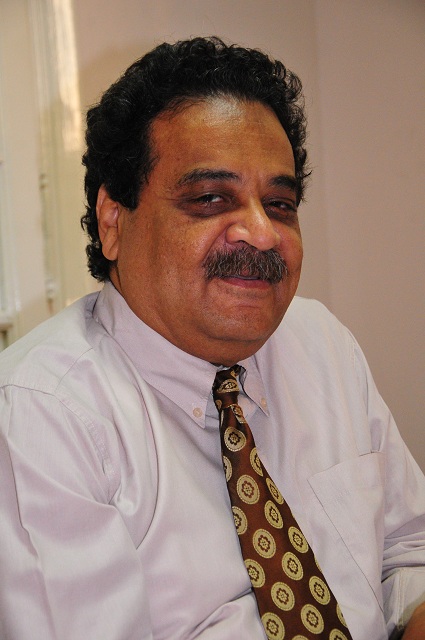
At the beginning one has to explain the difference between working on the ground and connecting with the people. The first is quite broad and includes any human activity that depends on communicating with the people be it political or social. In that case, the people are always the object and the target for the work of the elite. However, connecting with the people means that people are mobile, and that their actions could lead to a social movement; people have demands defined by their social standing, which often materialize in time through their interaction with other social and political entities, which are trying to connect with the people to better represent them.
Entities concerned with working on the ground often see people as “votes” or “crowds” that can be garnered for their own agenda. For the sake of credibility, these entities will feign concern for the people often in the form of charity so that they can connect with them. Meanwhile these entities criticize anyone who is doing the same, claiming that others “have too much money” and “no one knows where the money comes from”. As such, mutual accusations start concerning the different sources of funding rather than object the idea of buying allegiance.
Connecting with the people assumes that a political party of entity has the ability to take on people’s demands and that parties are capable of truly representing the people. For instance, the Social Democratic Party’s political speech should adopt a moderate leftist streak so as to be able to connect with workers as well as business men, with a special focus on middle class and vocational personnel. This would enable the party to document the social changes and movements of the different workers, to be able to connect with them and take on their demands.
I am not against any other methods of operation, but I believe that they should be clearly defined so that people working in the social or political fields can be familiar with the appropriate ways to connect with the people. This will enable those entities to go past the charity phase of political activities. Meanwhile, real charity organisations can go about their business with all respect and appreciation, beyond suspicion.
Some parties were successful in connecting with the people like the National Democratic Party and the Muslim Brotherhood. Their political speeches adopted an economic tone closer to neo-liberalism or extreme capitalism. This kind of political speeches works against the poorer social classes, but these parties aim at gaining the votes of those classes, and therefore they resort to buying their allegiance through charity, while launching some fake political speech regarding championing the poor. In reality, these people are only offered “oil and sugar” or “programs to lessen the extremism of poverty” which are part of the IMF’s program to spread this type of neo-liberalism that hasn’t succeeded in any third-world country before.
Political parties, especially the democratic ones, will not succeed unless it focuses its efforts on connecting with the people and staying away from the neo-liberal ways of gaining popularity.
In the past six weeks, the Egyptian Social Democratic party took several important actions in an effort to connect with certain social groups, which include the following:
– Organising a meeting between the Ministers of Manpower and Social Solidarity and a delegation of the 17,000 Crystal Asfour factory workers who were on strike. Some of the party’s leaders were also present. The meeting inaugurated negotiations between the factory’s owners and the worker’s leaders, ending with achieving some of the workers’ demands and ending the strike. The party was able to establish a relationship with the workers’ leaders in Shubra Al-Khaima, one of the most important areas for workers in Egypt.
– Some of the party’s leaders met with the leaders of the iron and steel workers’ strike. These meetings ended with a meeting between the strike’s leaders and some of governmental officials in the presence of the party’s leaders. This helped in inaugurating official negotiations between the government and the workers.
– The party was active in organising and managing the doctors’ union’s elections, which was successful in pushing out the Brotherhood from the union for the first time in decades through the victory of the independent list of candidates, winning 11 out of 12 seats.
– The party also tried to push out the Brotherhood dominance in the pharmacists’ union but was unsuccessful, yet the fight continues.




